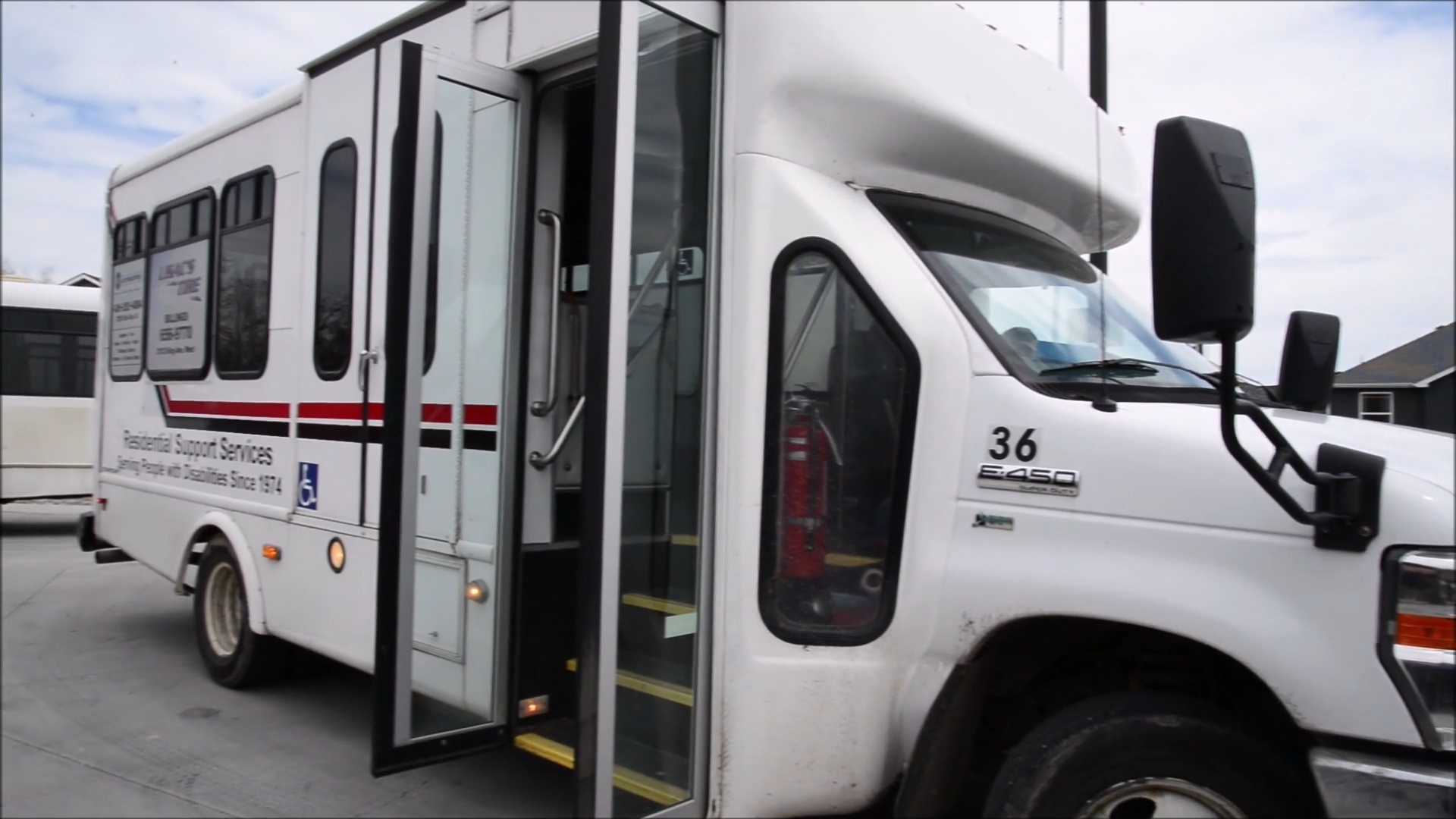When you’re looking for a home for disabled adults, there are tons of decisions to make. What kind of disability do you or your loved one have? Do you want to live in an apartment building or in the country? Are pets allowed? How many bedrooms do you need? These and so many other questions all factor into the process of finding and settling into the perfect place for you to spend your golden years. In this blog post, we’ll cover all the various types of homes available and help you narrow down your options. Read on!
Affordable Independent Living Options
One popular option is independent living. These are rental communities where tenants live in their own apartments, but they receive support from staff who help with daily tasks such as cooking and cleaning. This arrangement appeals to many people since it’s similar to living on your own while still receiving help if you need it. Asking questions when considering an independent living home, such as Can I get food delivery? and Are meal plans included?, will give you a better idea of what you can expect at each place. You should also find out about services that can be available to all residents, not just those with disabilities, like transportation or housekeeping services. You might also ask about any rules or restrictions that could apply.
Adult Foster Care Homes
These are designed to provide 24-hour care and supervision. An adult foster care home is licensed as a family home, but it is primarily intended to provide services that meet specific needs of individuals with disabilities or other special needs who might not be able to live in traditional residential settings. There are two types of adult foster care homes: 1) Licensed Adult Foster Care Home and 2) Licensed Adult Foster Care Facility. The former provides room and board, personal and nursing services for no more than six persons under 60 years of age, who have mental illness or who require physical assistance with activities of daily living. The latter provides supervision, room and board, personal and nursing services primarily on a twenty-four hour basis on behalf of five or more persons over sixty years of age.
State Facilities
If you or a loved one needs 24-hour care and can no longer manage on their own, a nursing home may be an option. These state-sponsored residences allow individuals to live in an environment where they are cared for by professionals around-the-clock. Note that many nursing homes also require that you purchase a private health insurance policy to pay for additional services (i.e., if someone has to stay in bed all day). Nursing homes also typically don’t allow families to move loved ones in as residents due to local regulations. If your family member wants to remain independent, but is getting forgetful, it may not be possible—at least within a public facility—for them to receive full-time support without help from family members or outside caregivers.
Home Health Agencies
It is usually a good idea to visit several home health agencies in your area. These agencies offer services such as physical therapy, speech therapy, and occupational therapy. Although it can be difficult to find a reputable agency that is close by, these agencies are worth looking into because they also offer services such as medical equipment and home safety check-ups. The type of agency may vary greatly depending on what state you live in; however, most provide in-home care at no cost or with reduced out-of-pocket expenses.









